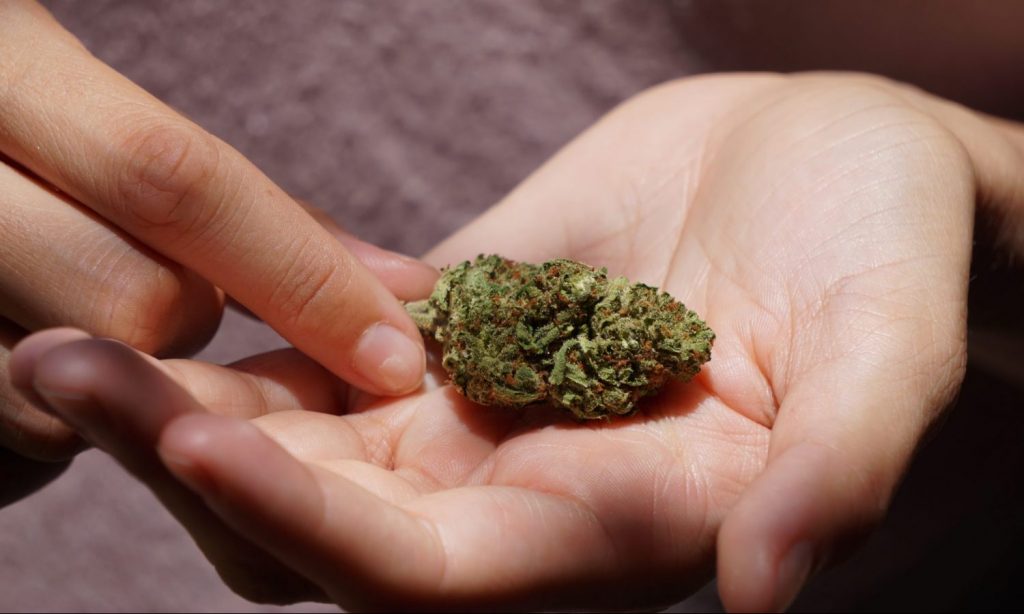
Association between cannabis use disorders and schizophrenia, study results
For thousands of years, societies around the world have used cannabis for medicinal, spiritual, and social purposes. It remains the most widely consumed recreational drug globally, with the World Drug Report 2019 assuming almost 200 million people all over the world are consuming it.
Cannabis isn’t one size fits all, however, and government restrictions on scientific research mean that many of its positive and negative effects remain unknown. A new study from Denmark published in JAMA Psychiatry could shed light on the downside of cannabis use, especially when it comes to adults diagnosed with schizophrenia, a chronic mental illness “Characterized by distortions in thinking, perception, emotions, language, self-esteem and behavior.”
Photo by Kelly Sikkema via Unsplash
One of the study’s authors, Carsten Hjorthøj, associate professor at the Copenhagen Mental Health Research Center, told CNN that “Unfortunately, there is evidence that cannabis is increasingly being viewed as a somewhat harmless substance. This is unfortunate as we see connections with schizophrenia, poor cognitive functions, substance use disorders, etc. “
RELATED: If Cannabis Is More Powerful, Why Aren’t Cases of Schizophrenia Increasing?
Schizophrenia affects about 20 million people global. And according to this new study, diagnoses of schizophrenia associated with cannabis use disorders in Denmark rose from 2% to 8% between 1995 and 2010. Has cannabis use disorder many symptomsone of whom “continued to use cannabis despite physical or psychological problems”.
“Of course, our results need to be replicated elsewhere before final conclusions can be drawn,” said Hjorthøj.

Previous research has shown that cannabis use is more intense and prolonged can change brain function, but there is not enough evidence to draw definitive conclusions. The study in Denmark strongly suggests that cannabis use increases the risk of developing schizophrenia, but the Diagnosis itself is complex, and often overlaps with other conditions.
RELATED: Study Links Daily Marijuana Use to Risk of Psychosis
It should be noted that the study only looked at those with diagnosed cannabis use disorders, not casual or infrequent users. A large majority of users continue to use cannabis with no negative effects on mental health.
“It is known that people who receive treatment tend to have multiple mental health problems, not just cannabis problems,” said Terrie Moffitt, professor and Chair of Social Behavior and Development at King’s Institute of Psychiatry, Psychology and Neuroscience College London, said. “And there are far more recreational cannabis users who handle cannabis well than cannabis-dependent users who cannot handle it.”

Post a comment: